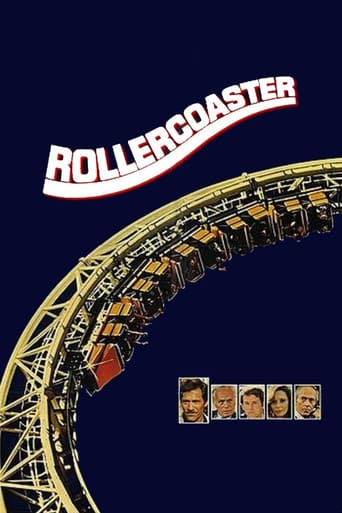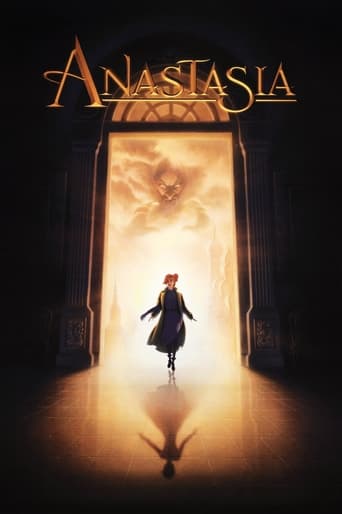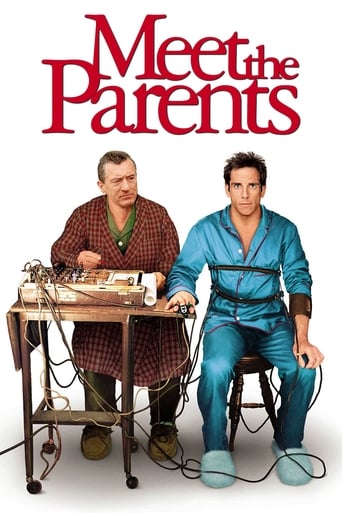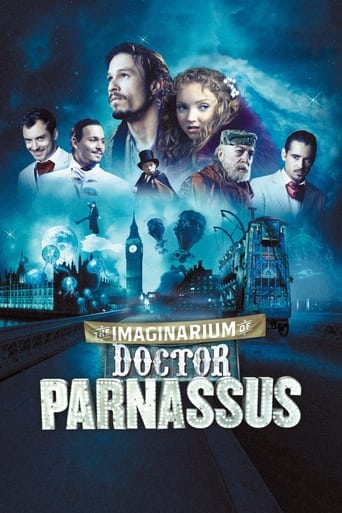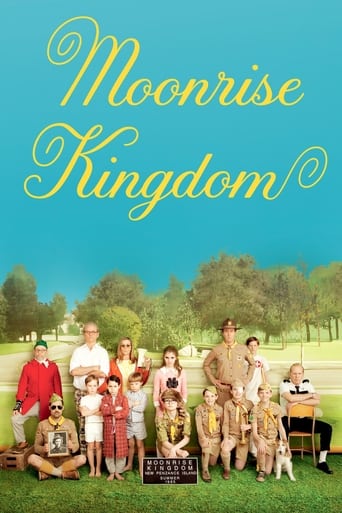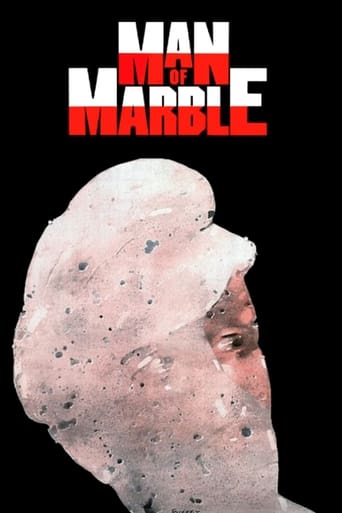


Man of Marble
A young Polish filmmaker sets out to find out what happened to Mateusz Birkut, a bricklayer who became a propaganda hero in the 1950s but later fell out of favor and disappeared.
-
- Cast:
- Krystyna Janda , Jerzy Radziwiłowicz , Tadeusz Łomnicki , Michał Tarkowski , Piotr Cieślak , Wiesław Wójcik , Krystyna Zachwatowicz


Similar titles
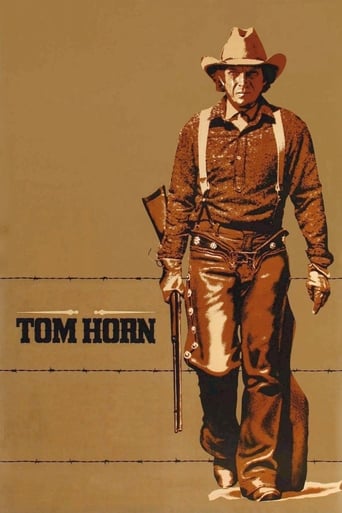
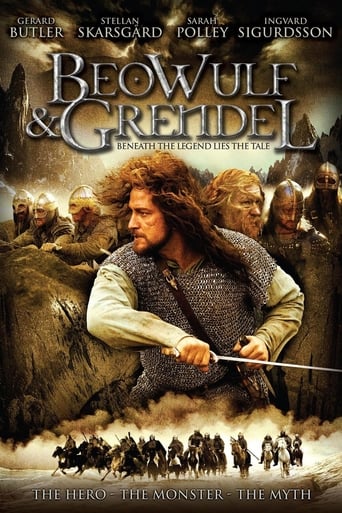


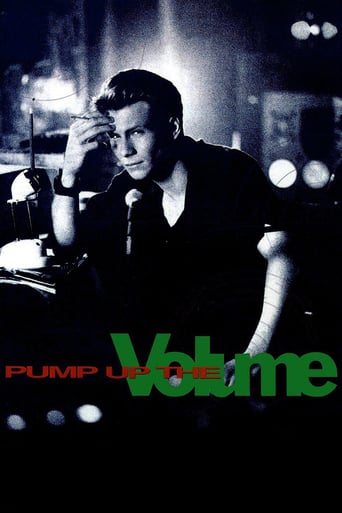
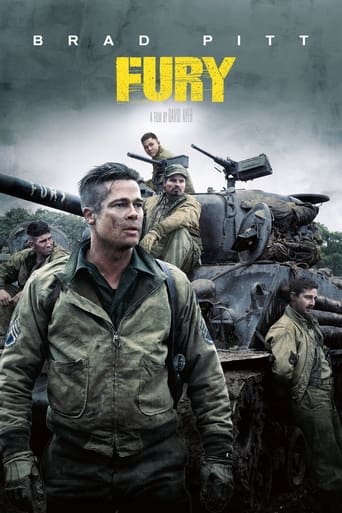
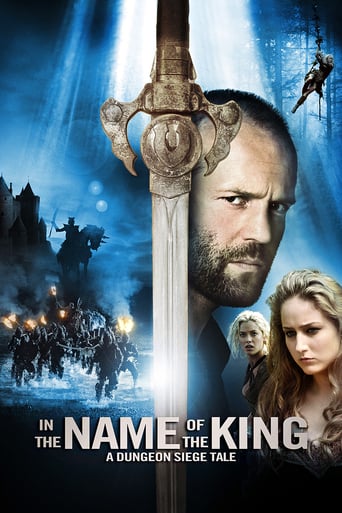

Reviews
Excellent adaptation.
It was OK. I don't see why everyone loves it so much. It wasn't very smart or deep or well-directed.
if their story seems completely bonkers, almost like a feverish work of fiction, you ain't heard nothing yet.
Blistering performances.
I came to this film after having watched Wajda's "Ashes and Diamonds," which I consider to be one of the finest films I have seen. However, "Man of Marble" was just too quirky for me, leaving me a bit perplexed. The story concerns a young film student, known here only as Agnieszka, who decides to produce a documentary on one Mateusz Birkut as her graduation project. Birkut was an idealistic bricklayer who rose to the status of post-WWII hero by way of displaying superior efficiency and strength. His innovation of how to use a small team to accomplish improved production came to be so well recognized that he would tour the country setting up such teams. The film time-slices from the 1970s, when Agnieszka is making her film, to previous times, all the way back to mock documentary footage of Birkut in the 1950s. The presentation is anything but flattering to the Communist Party and it is astounding the Wajda was able to get this made in a time when the Communists were still in power in Poland. The story must be autobiographical to some extent, since we see Agnieszka encountering political opposition to her digging too deeply into the past trying to reconstruct Birkut's life and figure out why he essentially dropped from the scene after having been so highly visible; there is also a famous film director in the movie whom we get to know well.There are many scenes that had the quality of a dream, but yet seemed like they were supposed to be taken for real. For example, one scene has Burkit's friend Witek going into a small office of a party boss and, when Burkit enters the office some time later there is no sign of Witek. If this were to be taken as some sort of Kafkaesque event, then Burkit would have made no remark on the mysterious disappearance, but he express the surprise that any normal person would have. I did not know what to make of such scenes. Agnieszka's facial expressions and body movements are often quite odd, bordering on the bizarre, and they accentuated the feeling of unreality I had that became increasingly more pronounced as the movie progressed.The collage of Agnieszka's interviews, mock documentary footage, scenes from Burkit's life, scenes from Agnieszka's own life, and an inappropriate musical score did not coalesce for me.
The usual comparison- and inspiration- is with Citizen Kane, but there are important differences. One is that the hero here really is a citizen- a comrade in his own eyes- and the other is the difference in the person trying to learn about him. The reporter in Citizen Kane is an experienced hack who is indifferent except to the front page; Agnieska is at the start of her possible career, making her graduation film, the one which will make her name and determine her future and looking for a story that matters in itself; indeed, Agnieska's story is as important to the film as Birkut's and in some ways her story reflects his. She works as determinedly as any Stakhanovite and the way she binds her helpers- the film crew, archivists, people who knew Birkut- to her in her task and to think it worth doing for themselves means that she creates a shock-force as real as and more effective than Birkut's display team of brickies. Again, the characters we meet who knew Birkut all have a relationship with Poland as well as Birkut and their own careers- building-worker to political prisoner to industrialist; chekist to strip-club manager; propaganda film-director to...film-director; gymnast to drunkard- reflect the changes as they- and communist Poland- age. There's hope- the old cameraman blasted into admiration and respect for Agnieska when she shows she'll do his job for him. Indeed, Agnieska is a wonderful character, her long limbs wrapped round her, carrying "everything I possess" round everywhere, smoking cigarettes avidly, demanding "wide screen, like an American movie"- you can see why the Party and her superiors want her to succeed and why they fear her. Not only that, but the film is fair to Communist Poland- we see Agnieska's home and realise that it is because of the opportunities given by communism that she can leave the boundaries imposed on her railway-worker father, just as Birkut only achieves fame as a worker in a supposedly workers' state. It is because both of them take rhetoric seriously that they are finally unsuccessful. After all, we never do know who sabotaged the bricks and burned Birkut's hands, and it doesn't really matter in a state where rhetoric is what counts.
I'm surprised that this great film hasn't gotten more comments. In any case, the previous reviews really nail the film pretty well. I only want to add that the filmmaker within the film, Agnieszka (played by Krystyna Janda), is such a fiercely dedicated artist that she really commands our attention in every scene she's in. Sneaky, smart, with a deep cunning and a sly sense of humor, she is the real hero of the film. I love the many scenes where she steals mischievous glances at her co-workers while collecting the provocative material for her film.Watch for the scene where she kicks her sound man in the shin. Also especially memorable is her encounter with a more successful film director, who she must persuade to be interviewed. She simply walks up to his car, bends down and looks in at him, with a blank expression on her face, and stares at him. It's as if she's persuading him by sheer force of will! Truly a great film, and a great performance.
Wajda's MAN OF MARBLE is one of the most compelling attacks on government corruption that I have ever seen. It is a "Citizen Kane"-styled story of a female film student who tries to trace the history of Birkut, a long-forgotten "hero" of the Polish Communist government.She begins by viewing propaganda film that praises Birkut as a devout worker who slaves away at brick-laying for the officials. He has the appearance of a vigilant, Hercules-like strongman who breezes through the labor without breaking a sweat. Then she goes to interview the director, who was hired by the government. He tells her about the reality of making the film, such as how Birkut was given extra food and water (unlike the other bricklayers). Wajda uses these two conflicting scenes to deconstruct the false imagery that propaganda gives its viewers. He shows us how officials manipulate such situations to their own political good.The student goes on to interview other subjects who describe the brutal reality of Birkut's off-camera existence. In one devastating scene, she meets his wife, who breaks down and tries to avoid being interviewed. As the truth becomes clearer and clearer, the government begins to intercede in the production of the student's film.Wajda was a film-maker who was not afraid to criticize the harsh Polish government that eventually was defeated by individuals such as Lech Walesa. MAN OF MARBLE is a testament to those who had to live through the oppression of Communism, and also to those who are still living under its iron fist.

